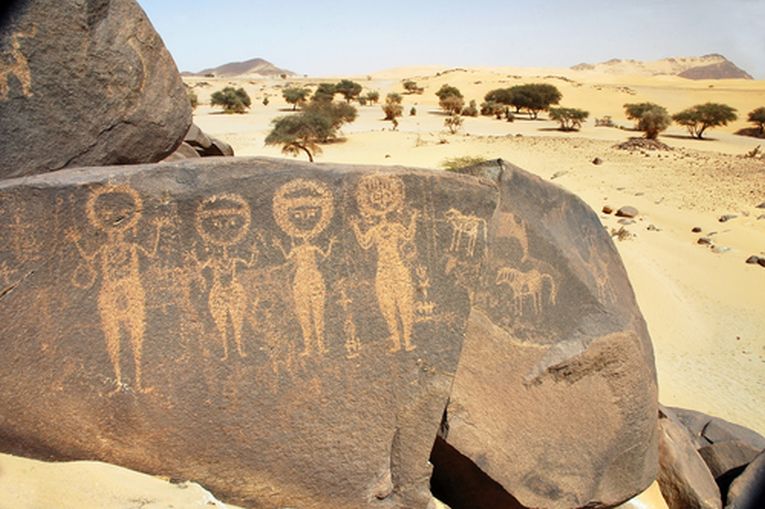The sad progress of humanity towards the destruction of soils and what grows on them is progressing as expected. Severe land degradation has taken place since prehistoric times and the tragic Dust Bowl of the 1930s. Now it seems that after losing 30% of our forests and degrading much of the rest, we are still playing dangerously close to the edge.
With this inferior soil and land, we now wish to feed an exploding population with extra crop areas equaling the size of a large country needed by 2050. It seems we always have to look more than 20 years ahead, perhaps because the people responsible will be no longer held accountable by that time! It's time we said what is absolutely necessary before the end of this year, before the politicians creep away.
Luc Gnacadja, a Beninese politician and architect, has headed the UN's Convention to Combat Desertification so he hasn't left the scene but keeps grinding away at the decision makers to change their ways. He has pointed out at a lecture in Cornell University, NYC, that humans have now abandoned more land than that which they currently employ for farming. This makes one of his quotes very telling, as Chateaubriand wrote around 1850 that, "forests precede civilisations and deserts follow them."
With his knowledge of soil science, he has noted for us that soil erodes 100X faster than it can be naturally regenerated. From his UN experience he has personally observed extreme poverty, food insecurity, migration, water stress and impoverished humanity as results of land degradation. The resource we possess as land can be recovered, as it is now in southern Niger, where 5 million hectares and 200 million trees are being regenerated successfully. People and livestock are also increasing there, as a result. Africa often seems like the big success of anti-desertification practices. This probably stems from necessity, given the enormous problems around the Sahel, especially in providing wells and water.
Luc's concluding remarks were perhaps the most memorable, as an expert in the field, literally. "As human beings we often forget ...... and sometimes we forgive, however ... nature never forgets nor forgives." (Vedic Sanskrit from 1500BC).










